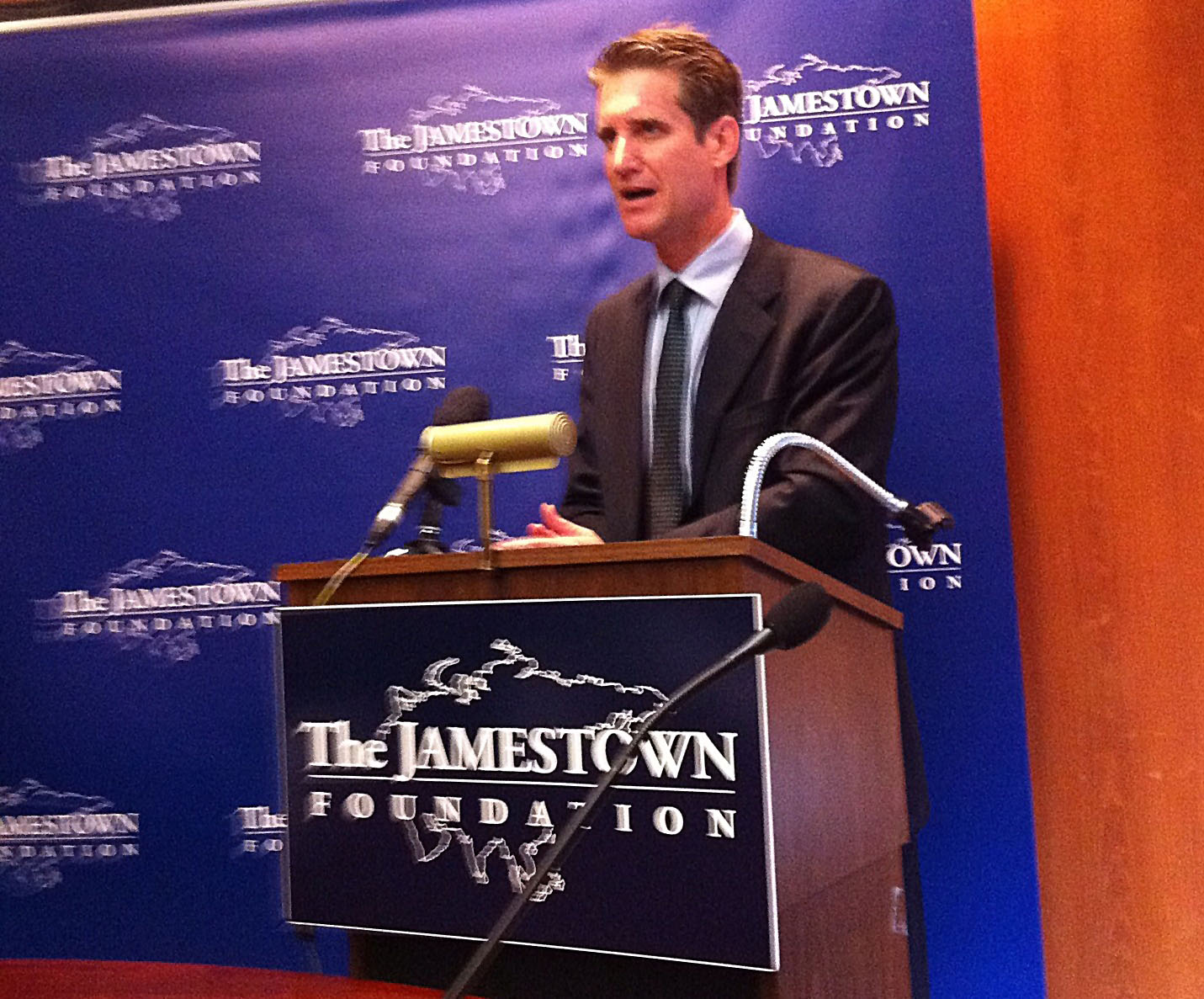America, Europe and the South Caucasus: Building Up the Partnerships in a Changing World

A panel discussion featuring Ambassador Matthew Bryza, Director of the International Centre for Defence Studies, and Vladimir Socor, Senior Fellow, The Jamestown Foundation
Date: Wednesday, May 2, 2012
Time: 10:00 A.M. – 12:00 P.M.
Location: The Jamestown Foundation
Seventh Floor Boardroom
1111 Sixteenth Street, NW
Washington, DC 20036
*Streaming video of this event is now available here.*
Background
Some 15 years ago, the United States outlined a strategic vision on the South Caucasus as a vital energy transit corridor, from the Caspian basin writ large to Europe. In the post-9/11 era, U.S. and NATO forces accessed Afghanistan – their “top operational priority” – and Central Asia through the South Caucasus. Both processes could have cemented Georgia’s and Azerbaijan’s links with the Euro-Atlantic community while buttressing their security. With added progress on resolving the thorny Karabakh issue, these same processes could also have transformed Armenia, which instead remains regionally isolated and dependent on Russian military guarantees. Yet, for the most part, this potential remains unfulfilled. U.S. leadership on energy issues dissipated before the EU had started developing its own policy; the energy corridor is utilized far below existing capacities (themselves below potential ones); the West’s partner countries in the South Caucasus face a security vacuum and foreign seizures of their territories. With a clearer understanding of shared interests, as well as their partners’ concerns and policy priorities, however, America and the EU can still jointly revitalize these partnerships.
Matthew Bryza helped shape U.S. policies toward this region during almost two decades as a government official. Often described as the U.S. “point man” on the South Caucasus, Bryza moved on this year to become the Director of the International Centre for Defence Studies, Tallinn, Estonia. Vladimir Socor, Senior Fellow at the Jamestown Foundation, covers the South Caucasus from his European vantage point in Munich.
Bios
Ambassador Matthew Bryza
Matthew Bryza is the Director of the International Centre for Defence studies in Tallinn, Estonia and a Non-Resident Senior Fellow at the Atlantic Council of the United States. He resides in Istanbul, Turkey, where he also works as a consultant on business and democratic development and as a board member of several private companies.
Bryza just completed a 23-year career as a U.S. diplomat, over half of which was spent at the center of policy-making and international negotiations on major energy infrastructure projects and regional conflicts in Eurasia. His most recent assignment was as U.S. Ambassador to Azerbaijan from February 2011 to January 2012.
During 2005 to 2009, Ambassador Bryza served as Deputy Assistant Secretary of State for Europe and Eurasia, with responsibility for Eurasian Energy, the South Caucasus, Turkey, Greece and Cyprus. Ambassador Bryza simultaneously served as the U.S. Co-Chair of the OSCE’s Minsk Group mediating the Karabakh conflict, and as U.S. mediator of the Cyprus, South Ossetia and Abkhazia conflicts.
During 2001 to 2005, Ambassador Bryza served in the White House as Director for European and Eurasian Affairs on the National Security Council Staff. His responsibilities included Eurasian energy, the South Caucasus, Central Asia and political Islam in Eurasia.
Previous assignments include Deputy to the Special Advisor to the President and Secretary of State on Caspian Energy, Advisor on Economic Reform in the South Caucasus and Central Asia and Russia Desk Officer at the State Department; and Political Officer at the U.S. Missions to Russia (1995-97) and Poland (1989-91).
Vladimir Socor
Vladimir Socor is a Senior Fellow of the Washington-based Jamestown Foundation and its flagship publication, Eurasia Daily Monitor (1995 to present), where he writes analytical articles on a daily basis. An internationally recognized expert on former Soviet-ruled countries in Eastern Europe, the South Caucasus, and Central Asia, he covers Russian and Western policies there, focusing on energy policies, regional security issues, secessionist conflicts, and NATO policies and programs.
Mr. Socor is a frequent speaker at U.S. and European policy conferences and think-tank institutions. He is a regular guest lecturer at the NATO Defense College and at Harvard University’s National Security Program’s Black Sea Program (Kennedy School of Government). He is also a frequent contributor to edited volumes. Mr. Socor was previously an analyst with the Radio Free Europe/Radio Liberty Research Institute (1983-1994). He is a Romanian-born citizen of the United States based in Munich, Germany




